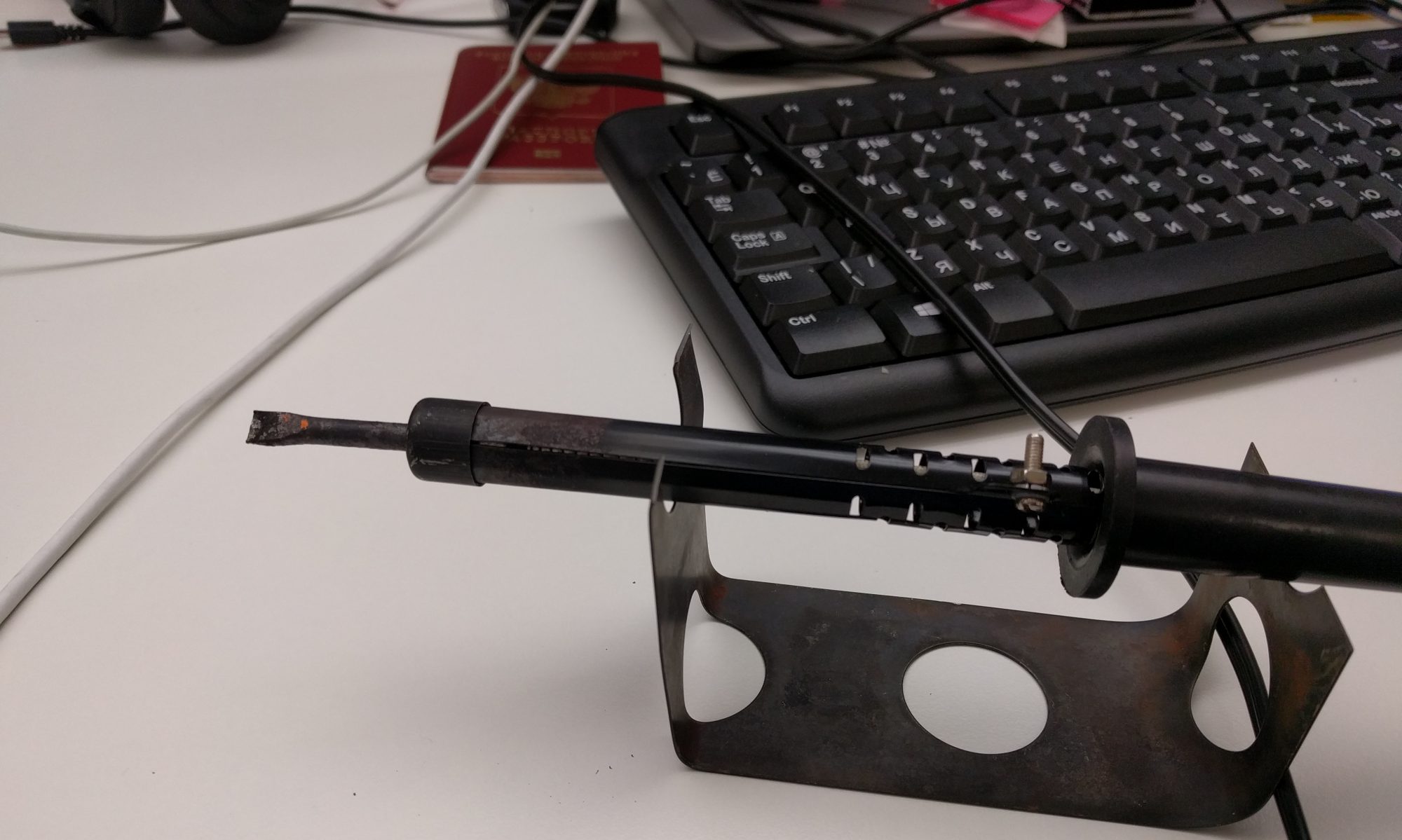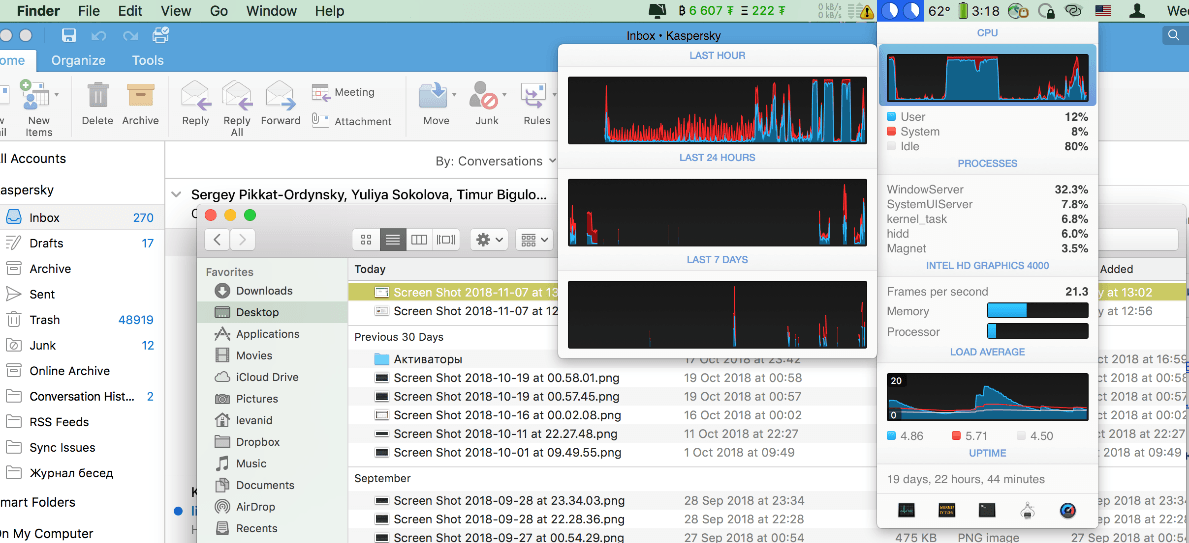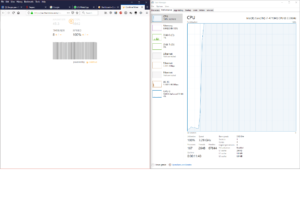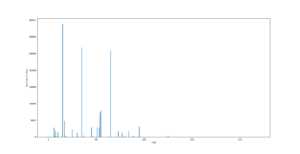Thousands of dollars and tons of CO2
Excerpt of an original publication by Sergey Lurye on September 17, 2019.
Brief summary:
We evaluated the positive economic and environmental impact of blocking web miners with Kaspersky products. The total power saving can be calculated with known accuracy using the formula <w>·N, where <w> is the average value of the increase in power consumption of the user device during web mining, and N is the number of blocked attempts according to Kaspersky Security Network (KSN) data for 2018. This figure is equal to 18.8±11.8 gigawatts (GW), which is twice the average power consumption rate of all Bitcoin miners in that same year. To assess the amount of saved energy based on this power consumption rate, this number is multiplied by the average time that user devices spend on web mining, that is, according to the formula <w>·N·t, where t is the average time that web miners would have been working had they not been blocked by our products. Since this value cannot be obtained from Kaspersky data, we used information from open sources provided by third-party researchers, according to which the estimated amount of electricity saved by users of our products ranges from 240 to 1,670 megawatt hours (MWh). Using the average prices for individual consumers, this amount of electricity could cost up to 200 thousand dollars for residents in North America or up to 250 thousand euros for residents in Europe. Or amount up to 800 of CO2 emission, if you prefer that kind of comparison.
So what’s the Kaspersky contribution to the fight against excess energy consumption?
Cryptocurrency mining is an energy-intensive business. According to some estimates, Bitcoin miners consume the same amount of energy as the Czech Republic, a country of more than 10 million people (around 67 Terawatt-hours per year). At the same time, as we already noted, they do this with multiple redundancy — but only as long as this is economically justified. But what about users that are forced to mine against their will — that is, systems affected by web miners (websites mining cryptocurrency)? Since this most often happens illicitly, such sites are detected by security solutions as malicious and blocked.
In 2018, Kaspersky products blocked 470 million attempts to download scripts and attempts to connect to mining resources on the computers and devices participating in Kaspersky Security Network. Is it possible to assess the economic (and environmental) impact of this undoubtedly positive activity? To answer this question, we had to tackle several issues: assess the increase in electricity consumption due to web mining (spoiler — it’s nearly equal to TDP), estimate the TDP distribution of CPUs in Kaspersky Security Network, and make a wild guess at how much time the web mining could have lasted if such attempts hadn’t been blocked.
Read the full article at Securelist.com or download the .pdf (1.2 MBytes).




